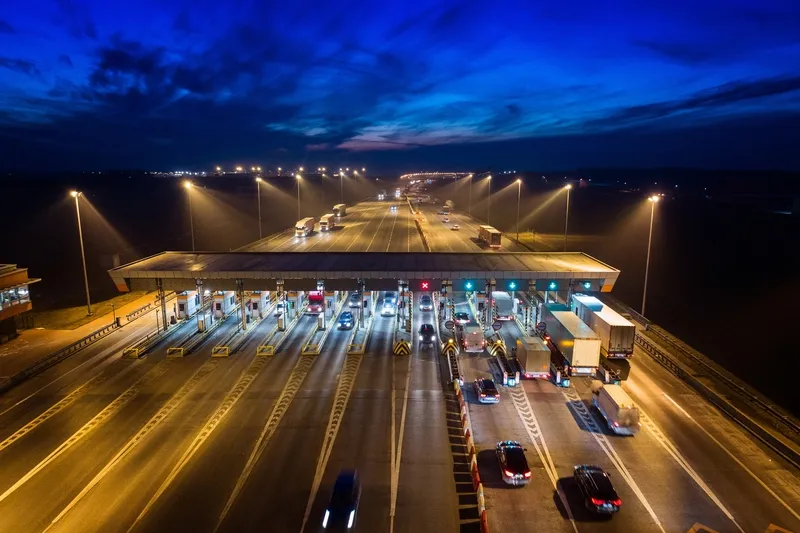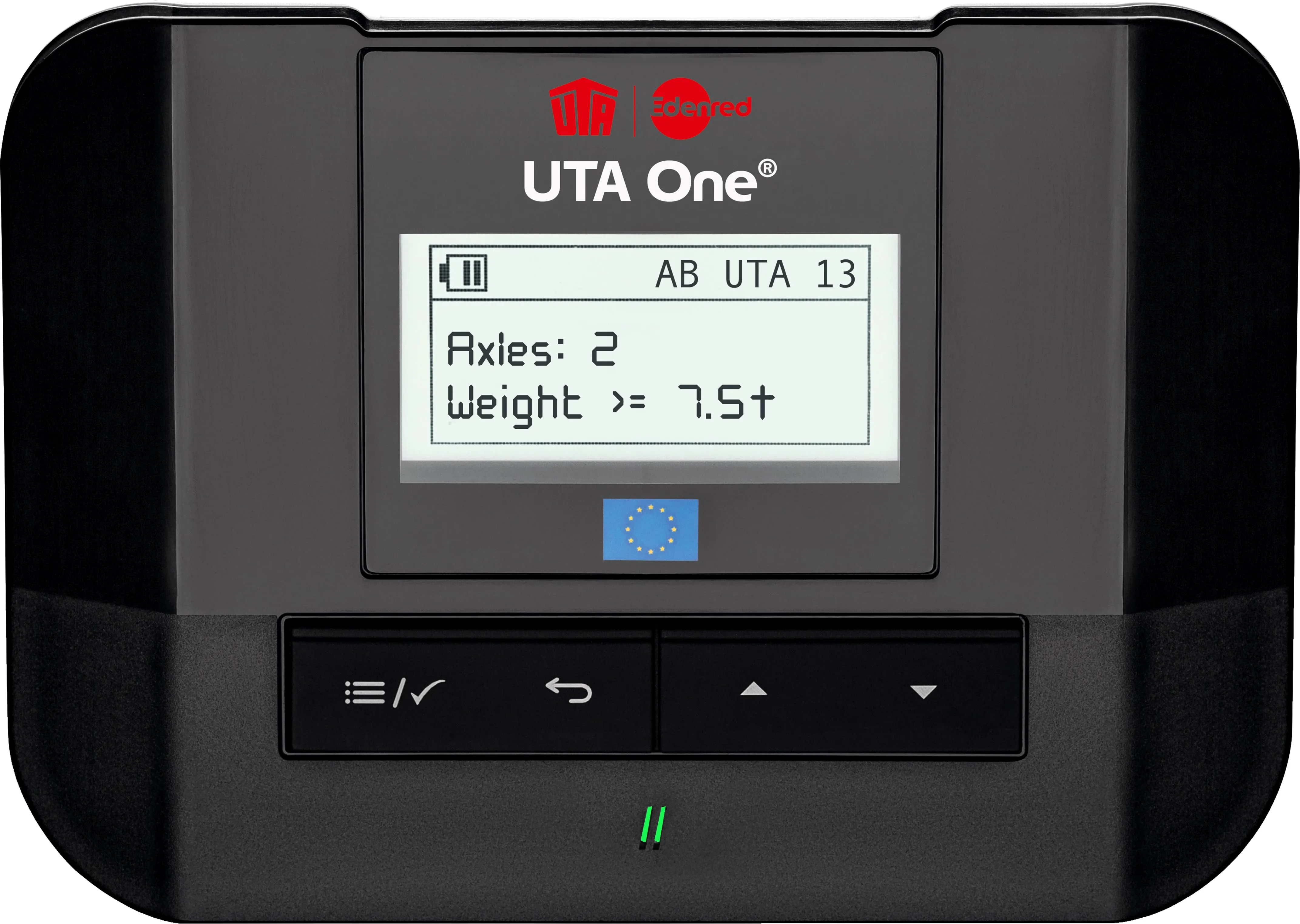
Tolling will bring €700 billion revenue to Europe in the next 10 years, according to a new report by Ptolemus Consulting Group.
It forecasts that the electronic toll collection (ETC) market will have 120 million subscribers in 2032 - and account for 80% of this revenue.
"Despite the public backlash, there is no (credible) alternative to tolling for road funding," the report says.
Many European countries are braced for a funding crisis which will be aggravated by the take-up of electric vehicles and the resulting fall in fuel tax.
The report suggests that truck vignettes will disappear, pushing many countries towards road user charging (RUC) schemes.
Nine countries have GNSS-based RUC systems today, and 11 more in Europe will have implemented an RUC scheme by 2032, Ptolemus suggests.










